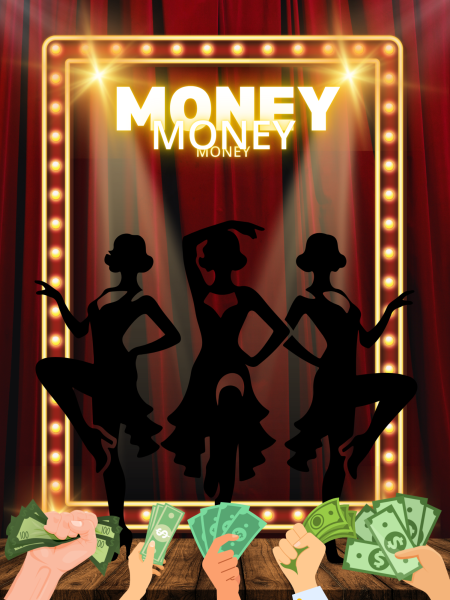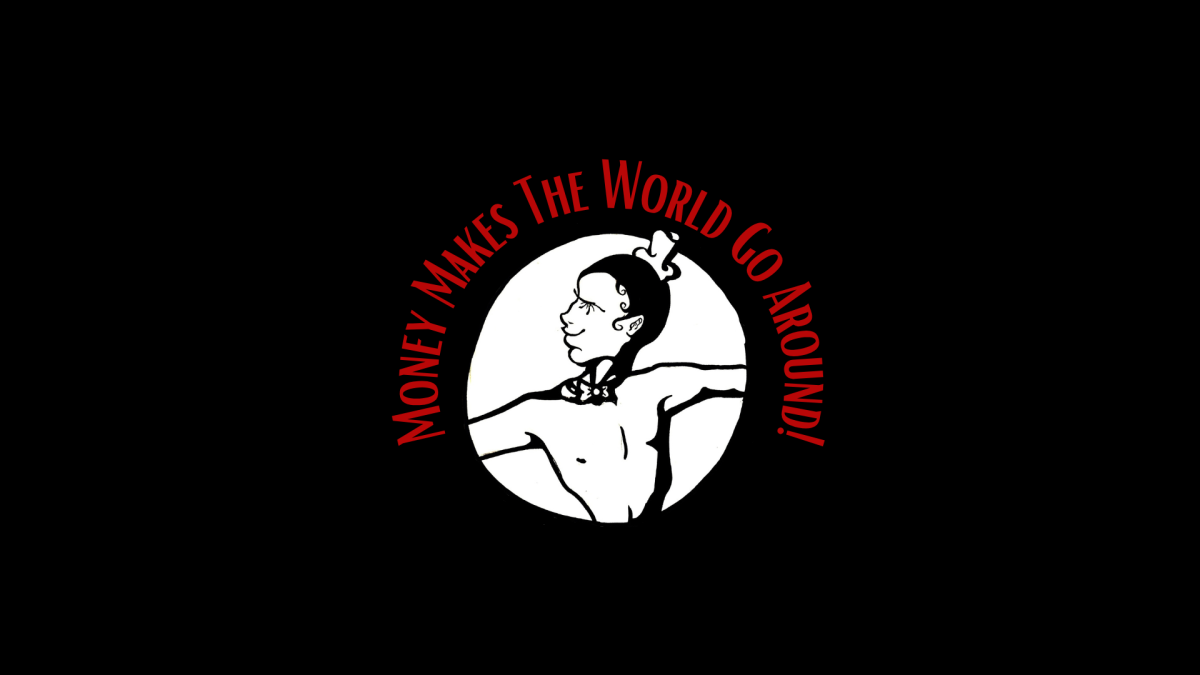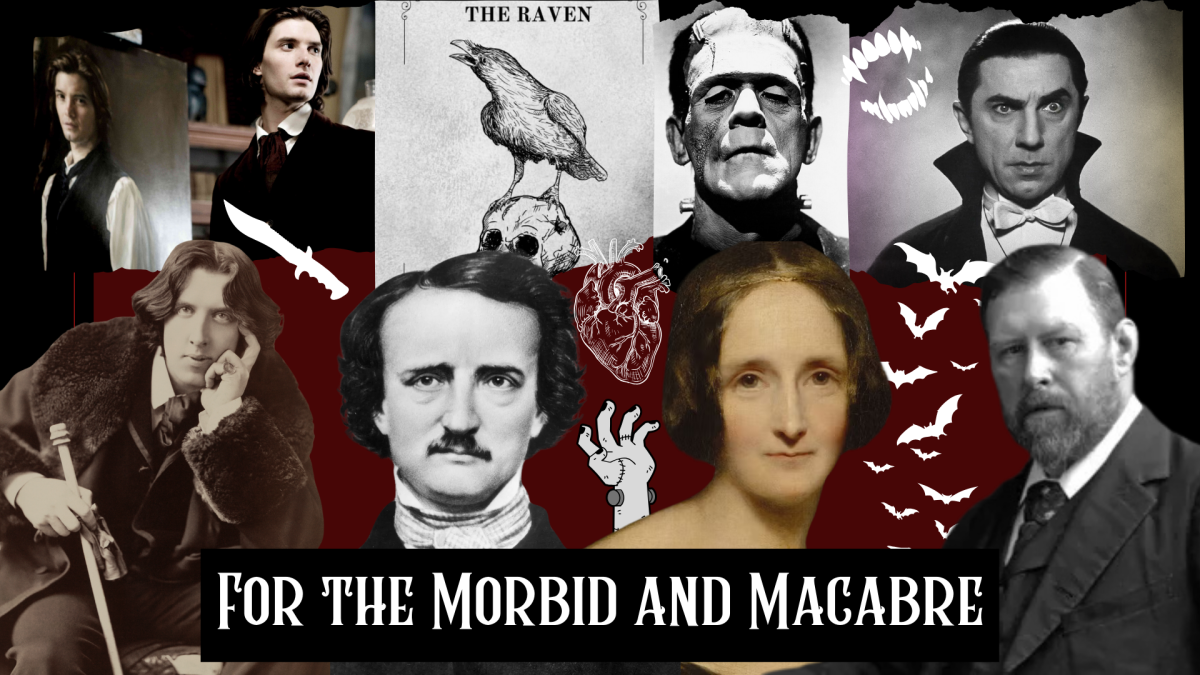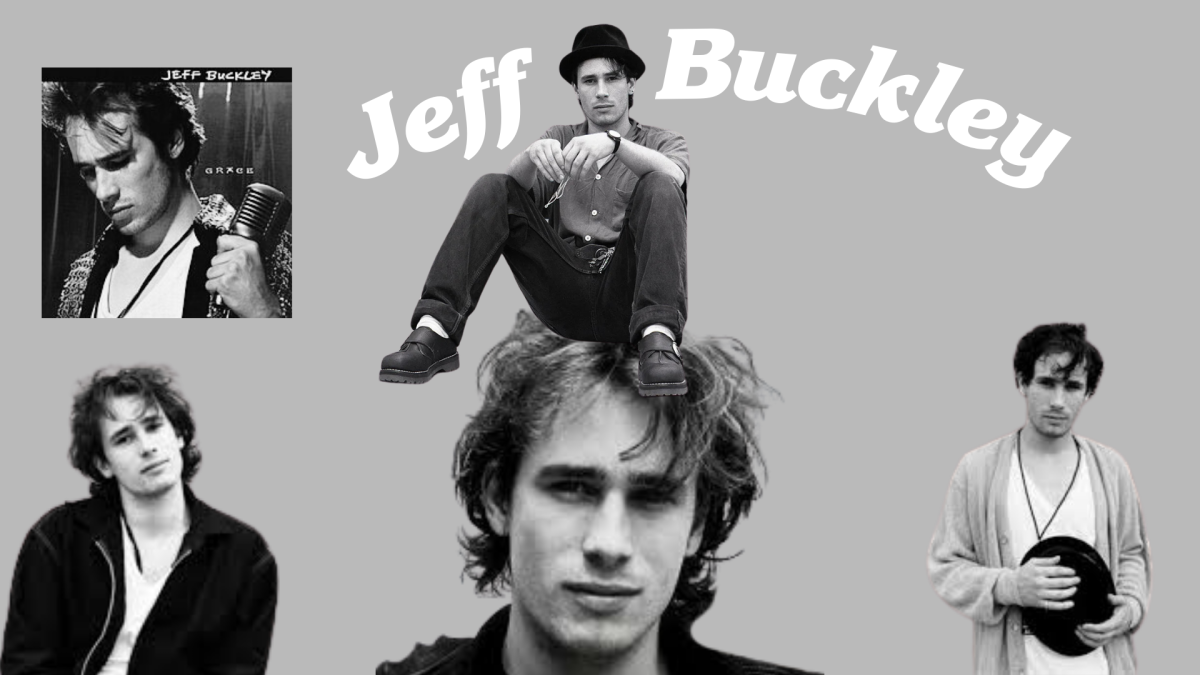As technology further integrates into society, the content one looks at on social media has become an extremely important part of life. Various trends can help a new musician’s song gain popularity, a particular comedian to get a sudden rise in fans, or a television show from the ‘80s to be revived. These trends can either be meaningless or intensely meaningful – in this case, the song, “Money,” from the musical, “Cabaret” (specifically, from the New Broadway Cast Recording), would best fit the description of the latter.
“Money” is a song about the power of wealth and how it can completely control one’s mind. This number takes place in “Cabaret,” a musical that both criticizes and sympathizes with the overwhelming urge one feels to escape when the world feels too heavy.
“Cabaret” is set during pre-World War II, just as the Nazis are coming into power. The musical’s plot is centered mostly around Cliff Bradshaw, an American writer, who moves to Berlin, Germany. While there, he meets the eccentric Sally Bowles, the reserved Fraulein Schneider, the jolly Herr Schultz, the mysterious Ernst Ludwig and many other fascinating characters. Throughout the show, the fourth wall is often broken by the Master of Ceremonies (also referred to as the Emcee) as he jokes with the audience; this is what makes the show so unique. “Cabaret” is a normal cabaret performance that is occasionally interrupted by a story. The very beginning of the show is led by the Emcee as he introduces the different cabaret girls and boys to the audience. The scenes change from the Emcee’s and Sally’s entertaining performances to Cliff struggling to find a place to live in Berlin. This is the X-factor of “Cabaret.” The audience is transported from whatever theatre or club they are at to the Kit Kat Club, a safe haven from the cold, disturbing troubles of the outside world.
Certain songs are completely infused with the story, such as “Perfectly Marvelous” and “It Couldn’t Please Me More.” However, the majority of the songs are performed to the audience as a part of the regular cabaret experience, breaking the fourth wall. These include songs like “Willkommen,” “Don’t Tell Mama,” and “Money.”
Here’s the real question: Why is an article about “Cabaret” being written in 2025 when the original show was first performed in 1966? Well, because – like most things – this show has come back. Seats are still being filled to see this show performed, illegal filmings of the musical are still popular on YouTube, and – unfortunately – people are still able to compare the fictional issues of “Cabaret” to the reality of today’s world.
Constance Palmer, a freshman in the Academy for the Performing Arts (APA) Musical Theatre department, said, “Art really opens up people’s eyes to see how beautiful the world is, ’cause there’s a lot of grief and a lot of sadness, but also there’s art everywhere. There’s art in every human. ”

Undoubtedly, “Money” is an art piece that is able to get stuck in one’s head for more than one reason. Of course, it is quite catchy, but more importantly, it’s meaningful. This song is not like “If You Could See Her,” a song that covers itself with layers of symbolism. It’s not like “Two Ladies,” a light-hearted moment for breath in the intense world of “Cabaret.” It’s not even a mental breakdown like the actual song titled “Cabaret.” No, “Money” is a song that is full of a unique charm. It is performed similarly to “Don’t Tell Mama,” with the characters directly addressing the audience. The song is not intended to either brighten or dim the mood. It is purely a song that is meant to give the audience some insight into the lives of Germany’s lower class.
Even students from APA have been influenced by the impactful song. Roxie Brookhyser and Makayla Ishii are two seniors in APA’s Dance department who decided to choreograph the number, “Money,” in this year’s “Creative Forces.”
One of the dancers in this incredible performance was Ethan Ng, a Huntington Beach High School (HBHS) sophomore. He said, “The song feels like a window into our intrusive thoughts, those darker impulses we usually suppress, but money has the power to draw them out.”
However, even though there is no denying that the song has some ties to the current state of the world, are these ties really the reason why “Money” is currently popular?
Dafne Francisco, a freshman in Model United Nations (MUN), is not completely convinced just yet. She said, “I think [the song’s popularity] could mean something, but it’s also a catchy song. So, it could go either way.”
Even so, just because this song got popular simply for its sound, that doesn’t mean it can’t impact our society. The next time “Money” comes on the radio (or, really, more likely on Instagram), feel free to enjoy the rhythm, but remember to still listen to the lyrics – there might be something really important that’s hiding in plain sight.








